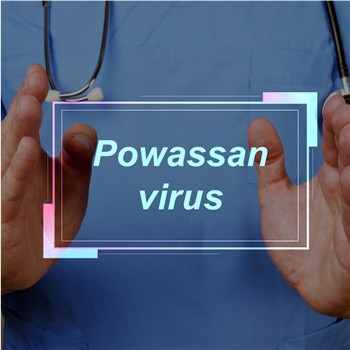AUGUSTA, ME — The Maine Center for Disease Control and Prevention (Maine CDC) has confirmed the state’s second case of Powassan virus infection in 2021. Laboratory tests confirmed the case in a Knox County resident who likely became infected in Maine during June.
Maine CDC confirmed the first case of Powassan virus in 2021 in late June, in a Waldo County resident who is recovering after spending time in the hospital.
Cases of Powassan are rare in the United States, with about 25 cases reported each year since 2015. Maine has identified 10 cases since 2010. Humans become infected with Powassan through the bite of an infected deer tick or woodchuck tick.
Symptoms may include fever, headache, vomiting, weakness, confusion, seizures, and memory loss. Serious neurologic problems may occur, including infection of the brain or the membranes around the brain and spinal cord. Severe infection may result in death.
Maine CDC urges residents and visitors to take precautions against bites from ticks. Deer ticks can also carry bacteria that cause Lyme disease, anaplasmosis, babesiosis, and other illnesses.
Many people infected with the viruses carried by ticks do not have symptoms. No specific treatment is available for these viral diseases. If you experience symptoms, call a health care provider as soon as you can.
The best protection against all tickborne diseases is to prevent bites. Prevent tick bites by:
- Wearing protective clothing, including long sleeves and pants.
- Using an EPA-approved repellent on skin, and Permethrin on clothing for added protection.
- Using caution in tick-infested areas. Avoid wooded and bushy areas with high grass and stay in the middle of trails whenever possible.
- Performing daily tick checks, especially after leaving tick habitat and after returning home.
- Bathing or showering after coming inside. Also examine clothing, gear, and pets.
- Asking a veterinarian about tick bite prevention for pets.
For more information:
- Visit Maine CDC’s vectorborne disease website at www.maine.gov/dhhs/vectorborne for more information on ticks.
- Check out www.maine.gov/dhhs/powassan for more information about Powassan virus.
- Find information on tick identification and testing at ticks.umaine.edu.
- Watch Maine CDC’s videos on tickborne diseases at www.youtube.com/user/MainePublicHealth.












